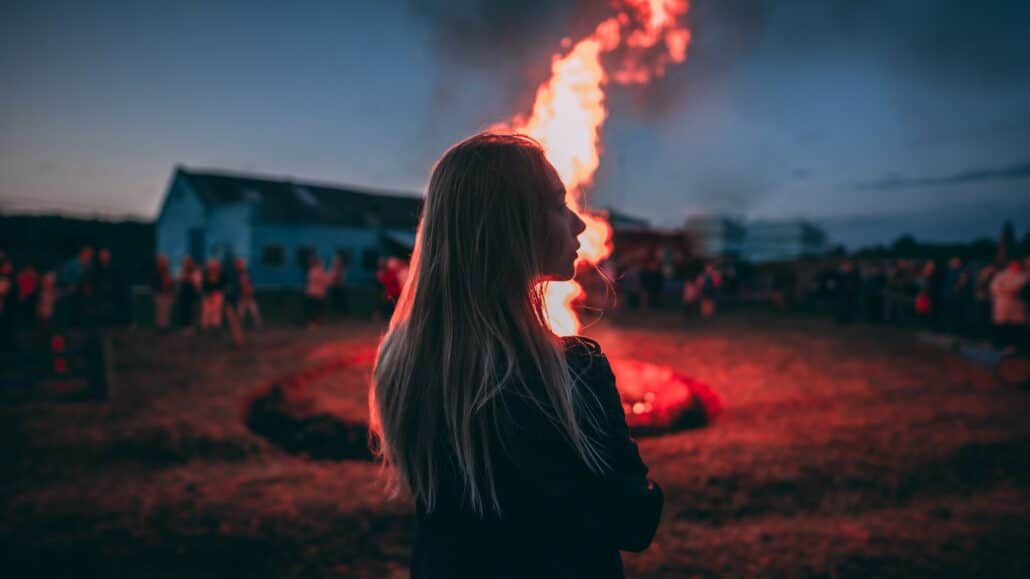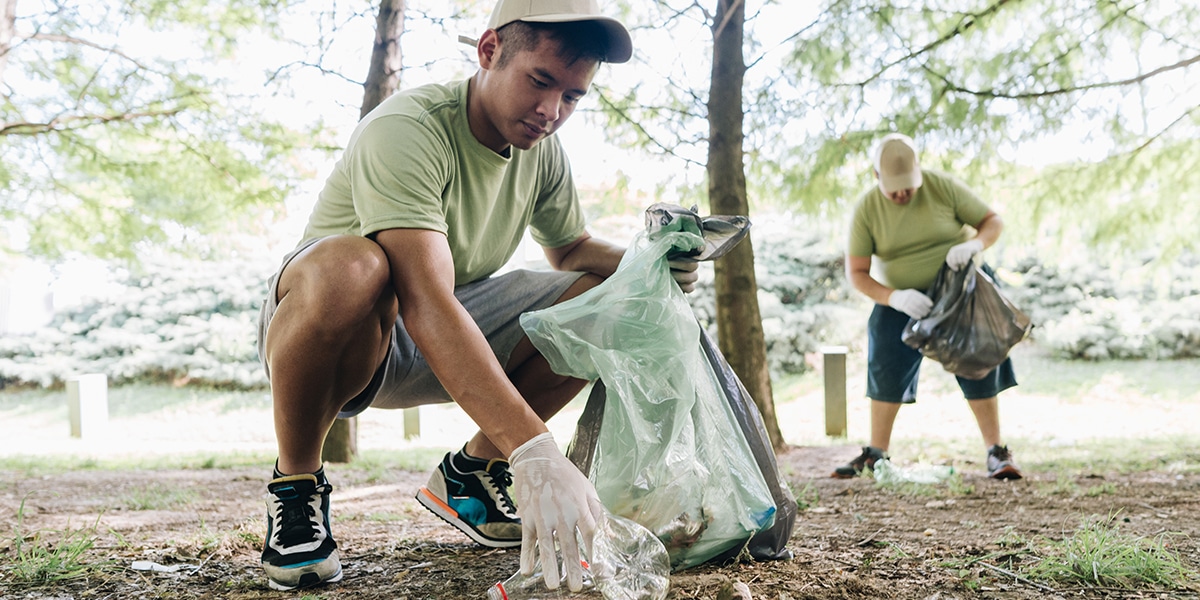Francis of Assisi lived in a God-filled world. For him, the heavens declared the glory of God—and so did sparrows, wolves, and worms. Our cells and souls reflect divine wisdom and are constantly being energized and replenished by God.
In a God-saturated world, synchronous events populate our days, if our spirits and senses are open. Around each corner is a burning bush or a ladder of angels for pilgrims of the spirit. But more than that, God wants us to move from mysticism to activism, midwifing and giving birth to God’s vision in our personal lives and public responsibilities. Synchronicities abound for those who live prayerfully, asking for guidance and then listening to God’s wisdom moving through their lives.
Francis believed in divine synchronicity and saw it as essential. Surely it was synchronous that Francis showed up at the church of San Damiano and then listened to the guidance he received from God. No doubt it was synchronous for Francis to notice a leper as he traveled the roads of Umbria.
Saints and mystics train their senses to be open to God’s presence. In my spiritual companionship with Francis, whether I’m walking Assisi’s roads or Cape Cod’s beaches, I have made a commitment to see God in all things and all things in God. I have exclaimed with Francis and his followers, “My God and all things.” I felt God’s call to pay attention to intuitions, insights, dreams, and encounters, knowing that I may be entertaining angels without knowing it.
Mystics Here and Now
Sainthood can be a blessing and a curse. Servant of God Dorothy Day, the social activist, spiritual guide, and one of the founders of the Catholic Worker Movement, protested against those who admired her generous and saintly spirit: “Don’t call me a saint,” she once said. “I don’t want to be dismissed that easily.”
Day recognized that saints could be categorized as so heavenly minded that they are perceived to be of no earthly good. Untouched by domestic life, saints can be discarded as irrelevant to the challenges most of us face daily: raising a family, working, and political involvement. Beneath her protestation, though, Day believed that God called everyone to spiritual greatness through embodying our faith in daily life. “We are all called to be saints,” she once affirmed. “We might as well get over our bourgeois fear of the name. We might also get used to recognizing the fact there is some of the saint in all of us. Inasmuch as we are growing, putting off the old man and putting on Christ, there is some of the saint, the holy, right here.”
Francis would have agreed with Day’s vision of activist-sainthood. Francis always turned people to Christ, challenging them to follow Jesus’ path of service, sacrifice, and hospitality. Like John the Baptist, his vocation was to live the message of Jesus and point others to the pathway of discipleship, whether as monks or householders.
Another activist-mystic, Simone Weil, boldly challenges us to claim our own saintly and mystical activism: “Today it is not merely enough to be a saint, but we must have the saintliness demanded by the present moment, a new saintliness without precedent . . . a new revelation of the universe and of human destiny.”
God calls us to mystical activism, a deep-rooted spirituality inspired by our encounters with God and commitment to our spiritual practices, to bring beauty and healing to the world. Walking in the footsteps of Francis and Clare, we are called to be mystics of the here and now, not some distant Dorothy Day’s devotion to the poor and marginalized through the Catholic Worker Movement won her praise, but she chafed at being labeled a saint. age. When we look in the mirror, we may exclaim in disbelief: “Me, a saint? Are you kidding?”
Be the Change
Within the limitations of life, our gifts are lived out and expand as we devote ourselves to prayerful activism. Still, we ask, recognizing our fallibility and limitations: Who am I to be a saint or a mystic? Who am I with my temptations, impatience, and intolerance to be in God’s presence and claim my role as God’s companion in healing the earth? What can I do? The challenges are so great, and I am so small!
Francis started small. He told his followers to walk on the good earth, forsaking the privilege and comfort of horseback riding. He didn’t want his followers to be separated and superior to ordinary working-class people. To be a saint is to plunge into the intricate and wondrous interdependence of life.
It is about knowing our utter dependence on God and the bounty of creation for every breath and for the energy to share in God’s vision. Saints rejoice in their common humanity, knowing that God’s word becomes flesh in fallible and ambivalent persons like ourselves.
We need to recognize that we can be the change we want to see in the world through joining mystical moments with acts of activism and kindness.









1 thought on “Become a Prayerful Activist”
I miss these Franciscan Spirit Blogs.